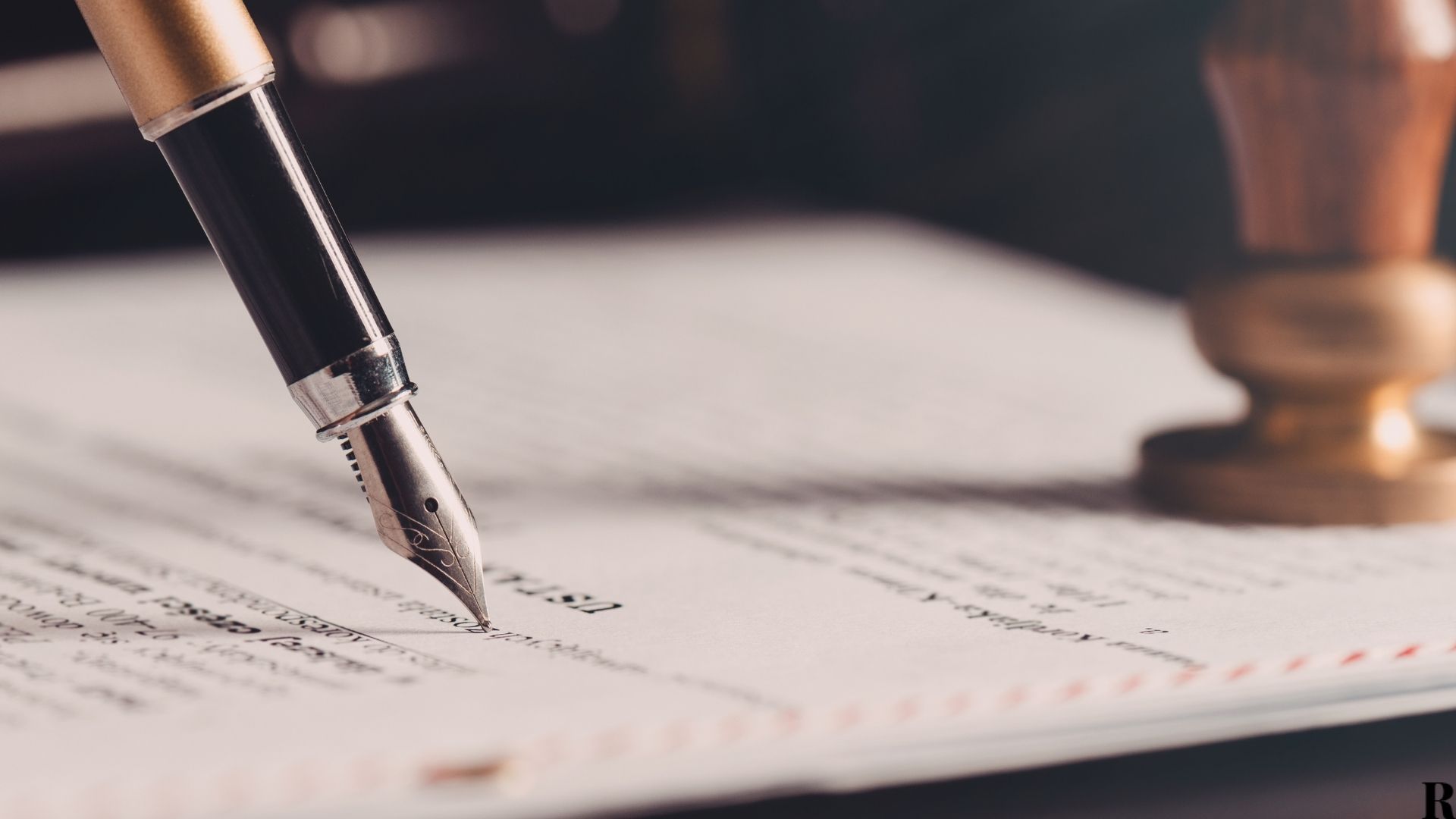Demystifying Notarial Work: Simplifying the Function and Relevance of Notaries
Their function, commonly shrouded in enigma for many, brings substantial weight in ensuring the legitimacy and honesty of important papers. By unwinding the intricacies bordering notarial methods and dropping light on the relevance of their acts, a clearer understanding emerges of the vital duty notaries play in promoting the fabric of legal and contractual contracts.
The History of Notarial Job
Just how did notarial work develop over time to come to be an essential component of legal and organization deals? The background of notarial job go back to old worlds, where scribes played a crucial duty in taping essential info and validating files. As cultures proceeded, the demand for a much more formalized system to ensure the credibility of agreements developed. This resulted in the growth of notaries, people selected by the state to function as impartial witnesses in lawful issues.
Throughout the Middle Ages, notaries acquired prestige in Europe, with their functions broadening to consist of composing legal documents, accrediting trademarks, and protecting documents. The rise of worldwide profession even more highlighted the importance of notarial operate in verifying contracts and contracts throughout boundaries.
In the modern-day age, notaries proceed to play a vital role in legal and service purchases by validating identities, verifying the credibility of records, and stopping fraud. Their function in licensing the legitimacy of agreements includes a layer of protection and depend the ever-evolving landscape of business and legislation.

Obligations and Duties of Notaries
Notaries play a vital duty in verifying the authenticity of files and the identification of signatories. One of their primary responsibilities is to witness the finalizing of important files, such as wills, deeds, and agreements, to guarantee that all celebrations are entering into contracts knowingly and willingly.
Additionally, notaries are entrusted with administering affirmations and oaths, which are important in lawful process and the execution of testimonies. They certify copies of initial records, offering assurance to establishments that the duplicates are true reproductions of the originals. Notaries have to keep precise documents of all transactions they supervise to guarantee openness and accountability. In general, the tasks and duties of notaries are necessary in safeguarding the integrity and legitimacy of different documents and transactions.
Notarial Certificates and Signatures
Exemplifying meticulous focus to information, notarial certifications and trademarks offer as crucial parts in verifying the credibility of lawful papers. Notarial certificates commonly have critical details such as the day of registration, the names of the notaries, a description of the document, and the notary's official seal. These certifications provide a clear document of the notarial act, ensuring that the document can be conveniently determined and traced back to the notary who supervised the process.
Trademarks play a critical function in notarial job, as they symbolize the contract and permission of the parties involved. Notaries meticulously witness the signing of files to verify the identification of the notaries view and confirm that they are authorizing of their very own free will. By fastening their official seal and signature to the record, notaries accredit that the necessary treatments have actually been followed and that the document is enforceable and legitimate.
Essentially, notarial certificates and trademarks are the characteristic of authenticity in lawful transactions, providing guarantee to all parties included that the documents are legit and binding.
Value of Notarial Acts

Notarization Process Discussed
Describing the registration process offers advice clearness on the vital actions associated with validating legal documents. The notarization process normally starts with the private offering the document to a notary public. The notary after that validates the endorser's look at this web-site identification via appropriate identification techniques. As soon as the identification is validated, the notary makes certain that the specific authorizing the record does so voluntarily and with no threat.

Verdict
:max_bytes(150000):strip_icc()/GettyImages-598314157-cb6389c9e28f4c1aaf002263febab019.jpg)
Notarial certificates commonly include critical information such as the day of notarization, the names of the signatures, a summary of the paper, and the notary's official seal. These certificates offer a clear document of the notarial act, making sure that the document can be quickly determined and mapped back to the notary who supervised the procedure.
By attaching their main seal and trademark to the document, notaries license that the required procedures have been complied with and that the paper is enforceable and legitimate.
By validating the identity of the notaries, validating their willingness to get in into the arrangement, and licensing the day and area of the finalizing, notaries play a critical role in supporting the validity of legal documents.After the paper is authorized, the notary will affix their official seal or stamp onto the file.